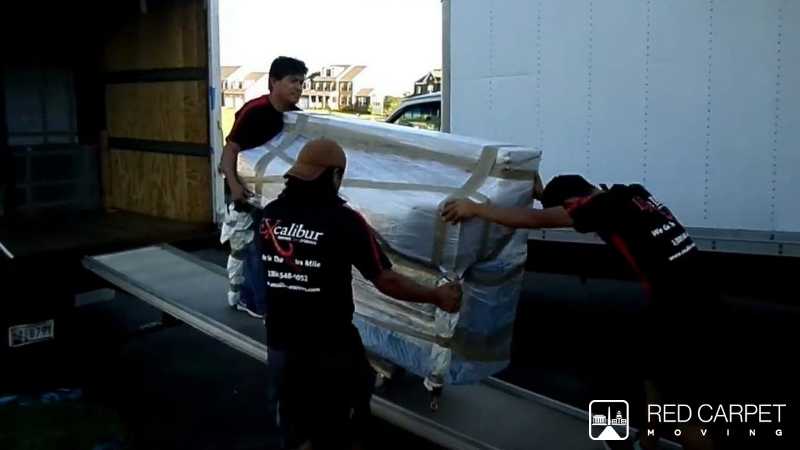Moving can be a daunting task, whether you’re relocating to a new home or transferring your business to a different location. Both residential moves, involving personal belongings and household items, and commercial moves, which include delicate equipment and essential documents, require meticulous planning and preparation to ensure a smooth transition.
Moving made easier
Moving can indeed be a stressful experience, but with proper planning and preparation, it doesn’t have to be overwhelming. Here are seven essential steps to help ensure a smooth residential or commercial move:
1. Choose your moving company wisely
Research local moving companies to find one that suits your needs and budget. Look for good reviews, competitive pricing, and reliable services. For interstate moves, consider hiring professionals specializing in long-distance moves, as they have the expertise and resources to navigate the complexities of crossing state lines.
2. Make an inventory of your belongings
Creating a detailed inventory of all your belongings will help you keep track of everything during the move. Consider using a spreadsheet or moving checklist app to make this process easier. Don’t forget to document any valuable or fragile items. This inventory will also be useful for insurance purposes in case of any damage or loss during the move.
3. Pack strategically
Use appropriate boxes for different items. Label each box clearly with its contents, the room it belongs to, and whether it’s fragile. Don’t forget to pack an essentials box with items you’ll need immediately upon arrival at your new home. Ensure all containers are sealed securely with strong tape to prevent any damage during the move.
4. Hire professional packers if needed
If your schedule is tight or you have many valuable or fragile items, consider hiring professional packers. They can ensure your belongings are properly packed and protected during the move. Additionally, professional packers can save you time and reduce the stress associated with moving.
5. Coordinate your move dates
Make sure you coordinate moving dates with both your old and new landlords or property managers. If possible, try to schedule the move on a weekday, as this is often when moving companies have more availability. Confirm all arrangements before the move to avoid any last-minute issues or misunderstandings.
6. Prepare your new home
Before the movers arrive, prepare your new home by ensuring it’s clean and empty. Make arrangements for parking and access to your new property. Have any necessary keys or codes ready for the moving team. Double-check that utilities such as electricity, water, and internet are set up and functioning properly.
7. Oversee the unloading process
Overseeing the unloading process ensures that all of your belongings are delivered to the correct rooms and in good condition. By being present during this time, you can thoroughly inspect each item for any potential damages. Knowing that your possessions have arrived safely at their new destination will give you peace of mind.
Bonus tip: don’t forget about piano moving
Do you own a piano? If so, it’s important to understand that moving this instrument is different from transporting any regular piece of furniture. Pianos require exceptional care due to their size, weight, and delicate components.
To ensure your piano stays safe during relocation, enlisting a professional piano moving company is highly advisable. Their expertise will minimize potential damage and provide peace of mind throughout the move.
A well-planned and executed move is the key to minimizing stress and ensuring your belongings arrive safely at your new residence or business location. By following these essential steps, you’ll be able to navigate the moving process with confidence and ease.


